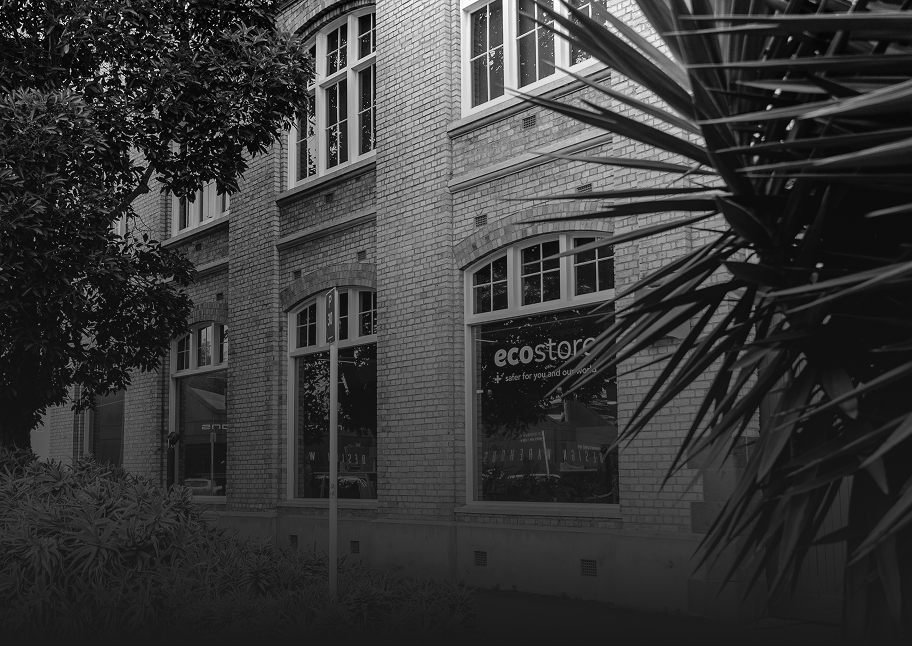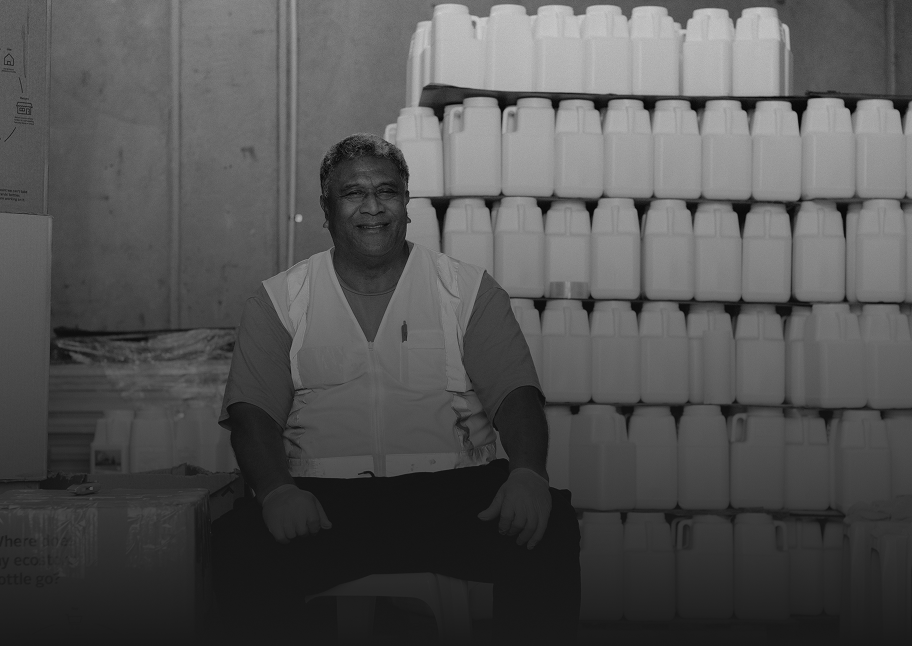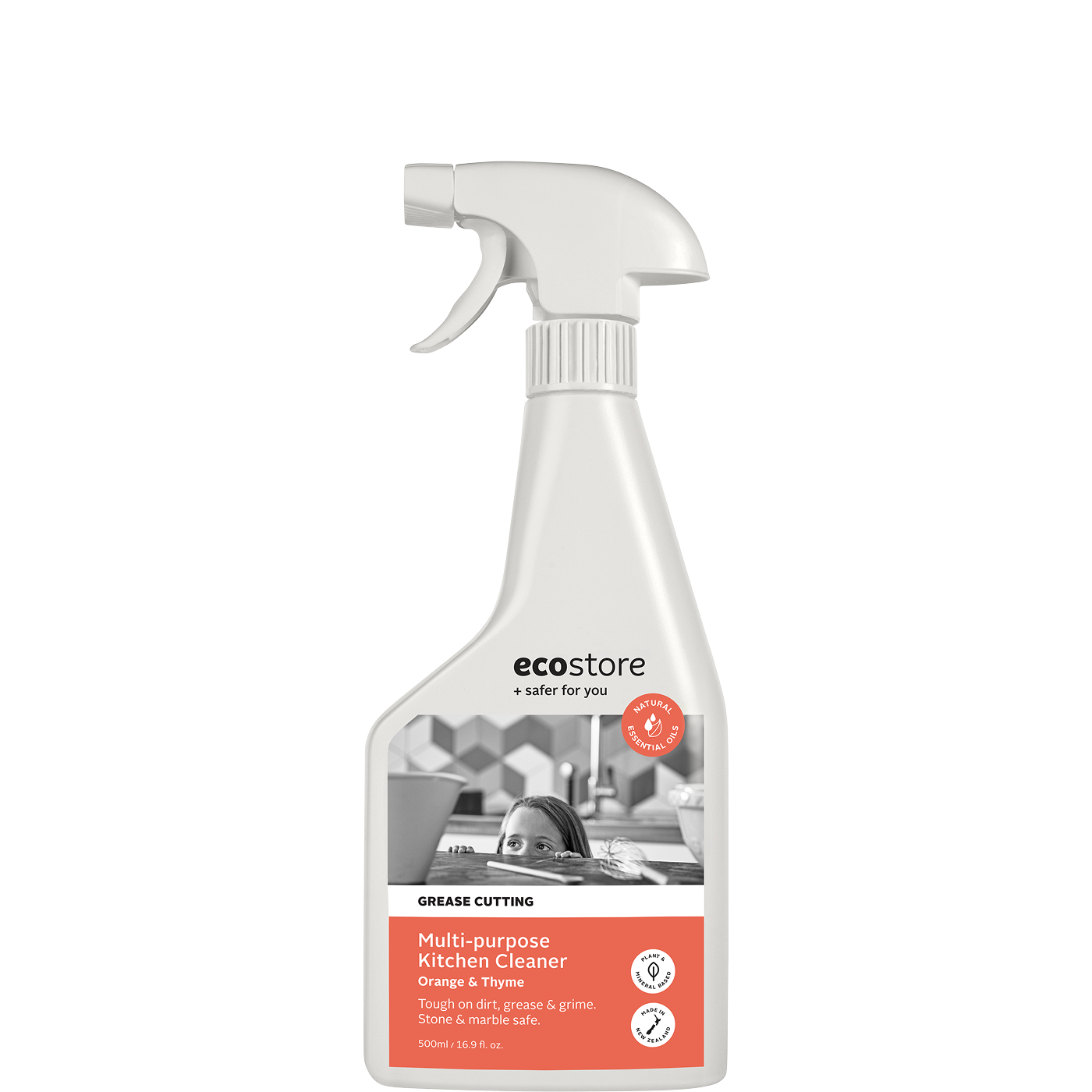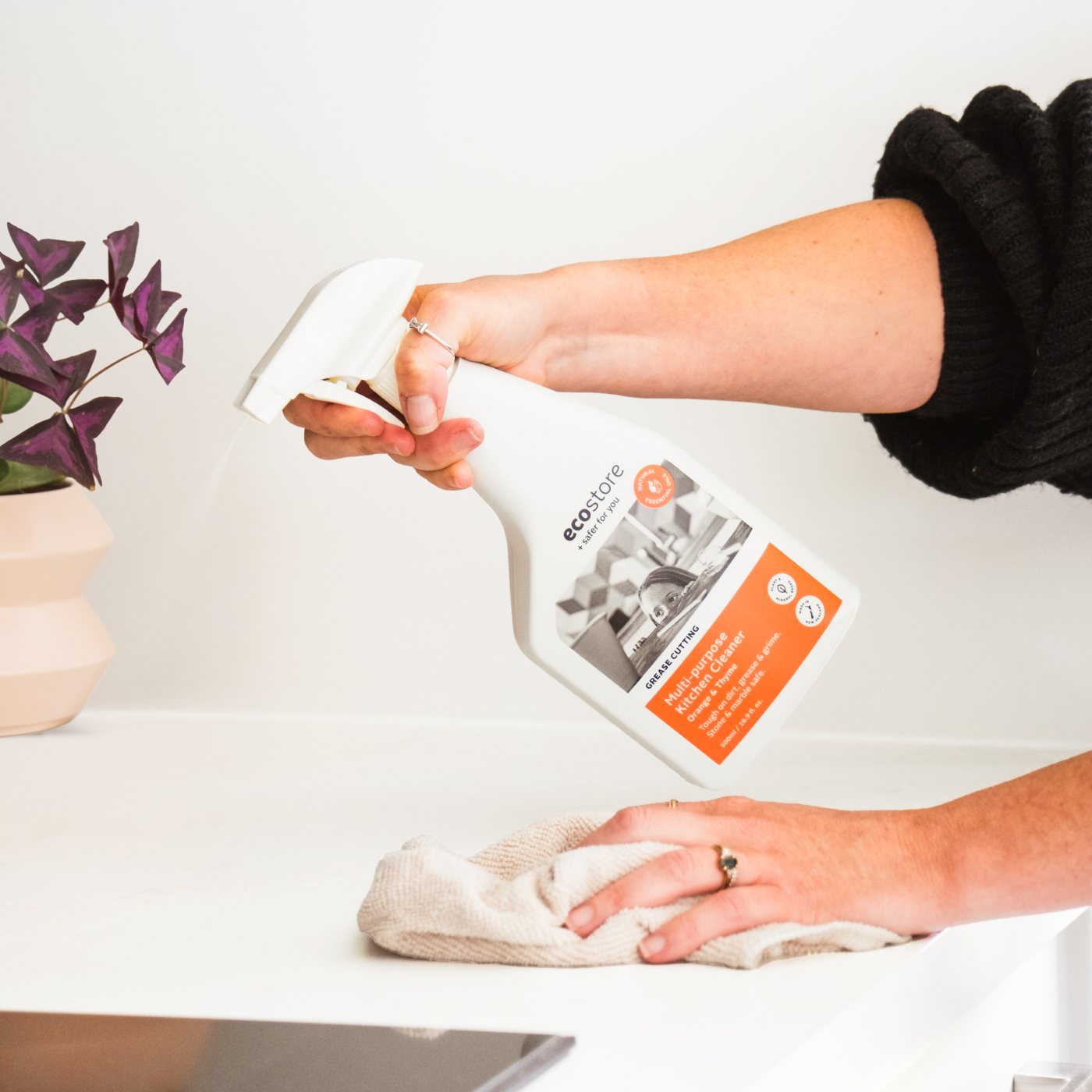With the rise of organic, vegan, gluten free, dairy free and refined sugar free options it seems to eat healthy you have to pay a premium. But by keeping it simple you can make some healthy choices that don't cost too much!
It may take a bit more time and effort, but there are benefits aplenty! Check out our ideas below to give you a little inspiration. These little differences can add up to save you money, improve your wellbeing and contribute to the health of the planet.
1. Make your own
Treats from the supermarket can be full of sugars, preservatives, saturated fats and other additives. Baking for the week ahead is a great idea as you can actually see how much sugar you are putting in your food. Just make sure to moderate your intake and not eat it all on the first day!
When you have some spare time, making your own sauces, jams, spreads and so on will also save you money and unnecessary additives. You'll also save on unnecessary packaging waste!
2. Buy in season
Shopping for produce seasonally has many benefits. The produce is cheaper because there is more supply, it tastes better and will have a smaller carbon footprint if it can be grown locally. For favourites like feijoas or plums, berries, peaches stock up in while they are in season and then freeze some so you enjoy them all year round.
Check out your local markets for fresh, locally grown and cheap produce!
3. Eat less meat and dairy
There is nothing better than a summer barbie with some sausies and maybe some steak, but we do not need to eat meat every day. Meat also tends to be quite expensive, particularly compared to sources of plant-based protein like quinoa, lentils, beans, tofu and vegetables. A good option is to reduce your portion sizes of meat. Buy less and add in more vegetables, chickpeas, lentils, beans and so on.
You could also plan a few vegetarian dinners a week. It is easier than you may think. Many of your usual meaty meals can be made vegetarian. Try tofu instead of chicken in your stir fry. Add chickpeas to your curry instead of lamb or use lentils in your spaghetti bolognaise rather than beef mince.
Reducing your meat consumption one thing you can do on an individual level that will have a big environmental impact. In short, eating less meat and dairy will mean less finite resources like land and water used, less greenhouse gases produced and less water pollution and soil erosion.
4. Buy in bulk
Buying in bulk is a great way to save money and packaging! For non-perishable staples like rice, pasta, quinoa, flours and so on the trip to the bulk food store is definitely worth it. And you'll only have to go to your local bulk food store every month or so to restock.
Bulk stores are also a great place to stock up on wholefoods which can be more expensive at the supermarket than more processed versions. In general, wholefoods offer better nutrition as some nutrients get lost in processing. So try brown rice instead of white, wholegrain oats rather than rolled oats and wholegrain bread rather than white. Simple.
5. Grow your own
Growing your own fruit and vegetables may seem like a lot of time and effort but it can save you a lot of money over time and you will soon see the fruits of your labour. Plus the satisfaction of growing your own just makes them taste so much better. Time to grow it yourself (G.I.Y)!
Growing your own can also have environmental benefits if you choose to grow organic, as these crops haven't been grown with chemical sprays or fertilisers. You also won't need to burn any fossil fuels to transport your food from your garden to your plate.
6. Reduce your food waste
Food waste is not only a waste of money but it also contributes to climate change. When it goes to landfill, it does not receive enough oxygen to decompose properly, and produces methane, a gas with 22 times more potent than carbon dioxide. Here are a few thing you can do to ensure you don't waste your food.
-Plan your meals
This is super important if you are on a tight budget. Plan your meals for the week ahead and write a list of all the ingredients you will need. (Also take into account the seasonality of the ingredients). This will help you avoid buying more than you need. The hard part is sticking to the list!
Planning your meals will reduce unnecessary food waste but you can also be more efficient with what you do buy.
- Use everything
Firstly use all of the item, for example eat the broccoli stalk, many people just cut it off and throw it away, but this is the most nutritious part of the broccoli! Vege cuttings can make soup or stock and you can always freeze them for a later date.
-Save your leftovers
If you have a lot of leftovers put them portion-sized containers and freeze. One day when you are tired and curled up watching a movie you will thank your past self for thinking ahead. It will save you from making a cheeky, and possibly greasy takeaway order.
-Start a compost
Finally, you will have food waste so compost what you can. This will eventually become a fantastic fertiliser for your garden - another thing you won't have to buy so give it a try!
Read more

Planning and meal times! Most parents reading this will know a huge part of the day is spent meal planning - everything from thinking of meals, doing the shopping, making sure you have not just f...

Do you ever get to January and realise there is no more asparagus in the shops and you only bought it a few times and now you're gonna miss it for the next 9 months? Yeah, us too! This salad is low...






